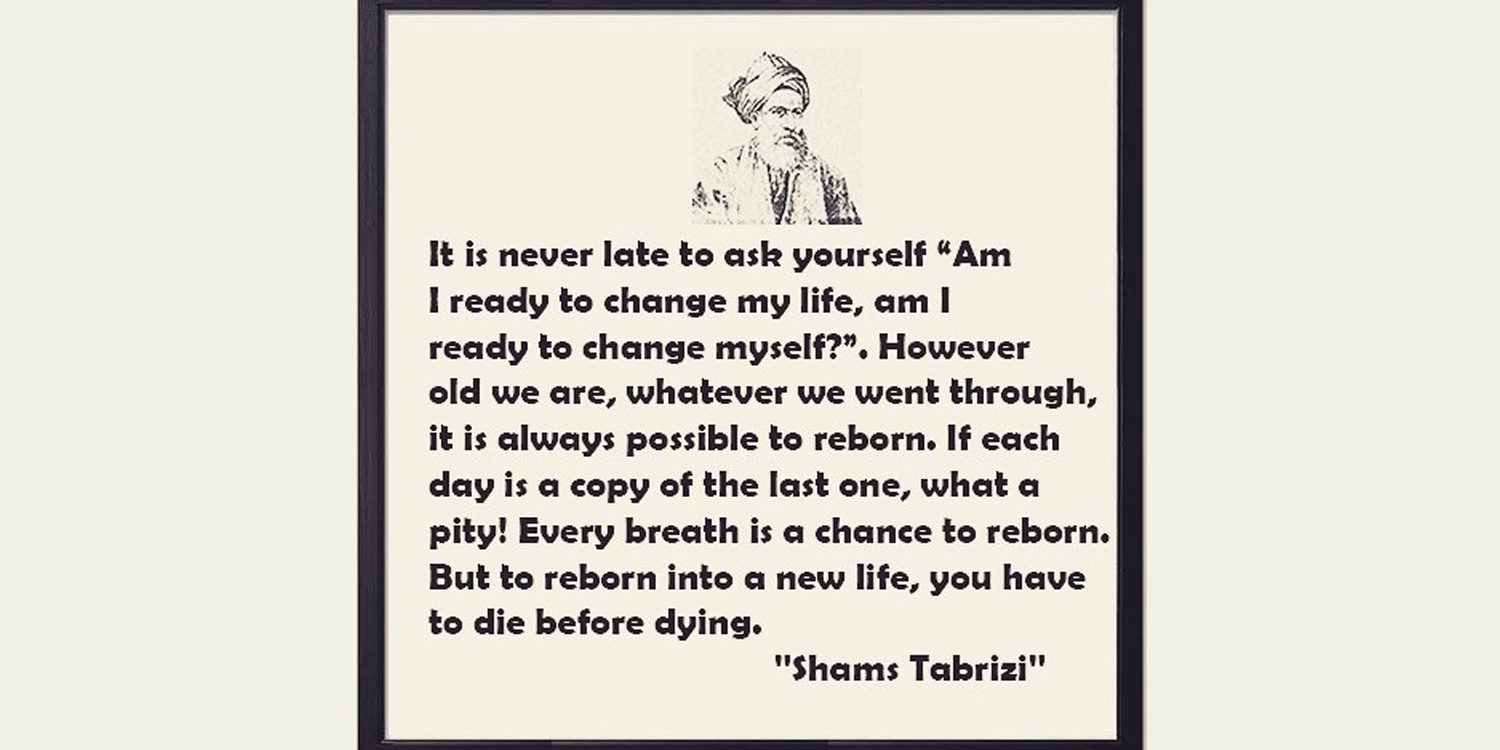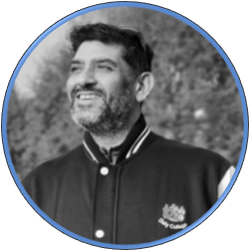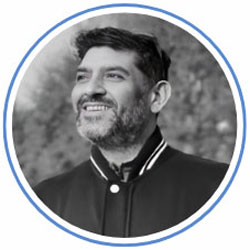Sleep is a short death. Death is a long sleep. When I read these lines which had mysteriously appeared on the picture of a deceased relative, they seemed to ring a bell. A bell because the truth lies in these two simple lines. There has been a strange fascination with the process of dying that has kept me in wonder for as long as I remember. I was 4 when I attended the cremation of my grand father and remember very distinctly standing next to my father while he poured ghee over the pyre. And I kept looking, not understanding completely, as to what was happening. But what I did realize that my grand father was on fire and he wasn’t moving. He was dead. My first experience with death; it was!
Always hearing the elders in the family teaching us that every one that is born must die also stayed with me in my head. It still does; today with a slightly better understanding. Every time, I have visited the Lodhi road crematorium in Delhi, there is on the walls, all around, verses from the Bhagwad Gita where Lord Krishna is explaining the principle to Arjun just before he was getting ready to go on a rampage. He explains the principle of life and death and reiterates on the fact that the body is just an outer cover for the soul and one should not mourn when the covering is gone. Very simple yet not very easy to pragmatically put to use. If the soul is all inclusive and eternal then the physical body is the mask that it adorns. So what do we cry about? Are we crying for the soul? If yes, then we are wasting our time because it isn’t going any where. It has been released from the grip of the human flesh and unified with the universe all ready to choose for itself a new body and a new shape. So do we cry for the body? Do we cry every time we open a gift and rip apart the wrapping paper? No. Then when do we shed tears when the body goes. Are we crying for the attachment we have towards the deceased? I guess so. I was sitting with a learned man who shared an insight about people crying because of expectations that they have/had from the dead. They are crying because they are thinking, “Now what?”, and trying to unsuccessfully deal with their own inability to survive minus the presence of the person who went away. My teacher has another opinion. He told me, “whats the point of coming and mourning when someone died when you didn’t have the time for the person when he/she was alive?”. Rather piercing but also has a lot of truth in it.
I told my father a few years back that I don’t want to cry when he passes over. He looked at me strangely but I think he understood the space from where the statement was coming. I don’t want to cry because I don’t want to have any knots where he is concerned. And I ensured I didn’t cry at his pyre. The break down happened a few months later. It was liberating. Not knotting.
Hopefully, my loved ones will go when they want to and when their time is over. They will know for sure when their time is right to pass over to the other world where they can stand in queue to be recycled and reborn depending on all their deeds in this life. I think everyone knows when the moment is there. Even the ones who have an “untimely” death. The reason why I put ‘untimely” in quotes because there is nothing which is untimely. If a person passes over at 3, it is not untimely; if one goes at 73, it isn’t untimely either. We call passing over at 3 untimely because the person wasn’t “old” in flesh and age. We forget the “old soul” part. You could be 3 but still be an old soul. But the point is not to criticize the short comings of human understanding. I think there are enough people who enjoy doing that job. I remember myself saying in one of my lectures a while back that “ there are some people who come into your life for a purpose. When that purpose is fulfilled, they go their own way. And we must allow them to leave. If we resist the departure, it causes pain to both the individuals. This example was given for a living person who was wanting to step out of a relationship. There was temporary death in the moment of the break in relationship. But somewhere it holds good for the dead”.
Why is death looked at when the body gives up? I have found death to be in every moment. Not only death but also birth. In every breath lies a moment of birth and death. More specifically, when the lungs inhale as much air as they can consume, there is moment of pause, of death, and birth happens, as the exhalation starts till all the breath is released to a state of near emptiness. And then death happens and rebirth as the inhalation starts.
The start of a day and its end explains the process of death and birth and death and rebirth. Bathing is the death of the old skin and birth of a deeper cover. Sleep itself is the birth and death. A friend, as I was writing these lines, called and said. “Death is simply a passage into the next body. The sooner one realises it, the less fearful one becomes.” Interesting! In many cultures in India and around the world, death has been celebrated rather than mourned. There was music and dance to celebrate the passing over especially if the deceased had lived a full life. But every life is full! Full to the extent that you allow it to be.
One thing that also fascinates me is to get an insight into the dying persons mind. What is going on in the head of the dying? Denial, acceptance, sadness, happiness or what? I would love to sit next to a person who is on his way up or down, depending on how you want to look at it, and have the person share what the creations of a dying brain and heart have to say. If one has to look at it scientifically, because the body is in a state of release, a lot of hormonal and chemical changes would be taking place in the body and the brain which would make the person see, hear, hallucinate. The same thing to look at metaphysically could be messages from the masters and the angels who are waiting for the bucket to be kicked to guide you to the gates to register your entry. What are these messages? Dr. Brian Weiss in his book, Many lives & Many masters, has documented extremely potent insights into the mind of his subject in this life as well as the many lives the subject lived in the past. A beautiful book, it is. It is a book which has been written without a bias because Dr Weiss was trained to look at everything very logically and scientifically and these insights about death and reincarnation was like washing away all the knowledge he had obtained in his formal training.
Something I experienced in Dec of ’07.
I had a wonderful experience a week and a half back and somewhere I feel that it adds to the journey of the art of dying. I was in meditation and just before I reached the state of “ding”, I had a thought that translated to emotive pain. The pain was beautiful as it made me aware of my journey as a peaceful warrior – as I see myself. I must thank Dan Millman and Paulo Coelho for this awareness besides a lot of individuals I have met in person who have ignited the spark of higher consciousness in me. This pain also made me aware of being alone yet not lonely. Alone on my journey. Being alone is one of the best ways to be able to cultivate. Being alone gives you the opportunity to be benevolent to yourself and the souls around you. And it gives you the space to be you – in touch with your essence, away from the persona. A thought of a hundred percent embrace came to my mind – something. What a wonderful feeling it would be to be able to embrace a person with a 100% surrender. I even attempted to understand what that meant.
We have 4 layers of muscle. the first two are the ones we can control and move our limbs with. The 3rd layer is what one needs to work at and the last one is something that we have no control over because they control the internals. If that layer gives up, so does our body. Anyway, with that thought in my mind, I very slowly entered ding. As I was aware of my main consciousness being present with me, I was also aware of what I was doing. Yet, after staying in the state for more than 10 minutes, which appeared like a year, something started happening. I had a feeling that my muscles were relaxing. A very good feeling, for sure. The third layer relaxed slowly putting my mind in alpha almost instantly. I remember being aware of this transition and was in a state of blissfulness. Then something else happened. I died. It lasted 2-3 seconds and I must confess, I was scared beyond my guts. The fourth layer of muscle relaxed. And while that happened or was happening, I felt a certain suction effect that took place. My brain immediately switched off and am pretty certain, my heart stopped. I resisted because I wasn’t too sure if I would have come back. But I did. I opened my eyes gently and found my organs coming back to their usual synchronized dance in a short while. I experienced death. And I was conscious of it.
If we need to live well, we need to be aware of what role Death plays in every breath we take. Then its an intimate tango.
Note: These are my thoughts based on my experiences and journeys. The intention is to just share and not be antagonistic to any approach or system.
 Vikram Badhwar, CEO, Syngrity, is a communications coach, an experiential educator, and an artist trying to bridge the gap between the creative and the analytical side of our brain. He consults individuals and teams in the space of learning & development to enable transformations at a personal, professional and organizational level.
Vikram Badhwar, CEO, Syngrity, is a communications coach, an experiential educator, and an artist trying to bridge the gap between the creative and the analytical side of our brain. He consults individuals and teams in the space of learning & development to enable transformations at a personal, professional and organizational level.







 MALATI VASUDEVA
MALATI VASUDEVA VIKRAM BADHWAR
VIKRAM BADHWAR PRIYANKA KUMAR
PRIYANKA KUMAR SUMAL VARGHESE
SUMAL VARGHESE















Very well written 👏🏻 Couldn’t agree more
Thank you so much 🙂